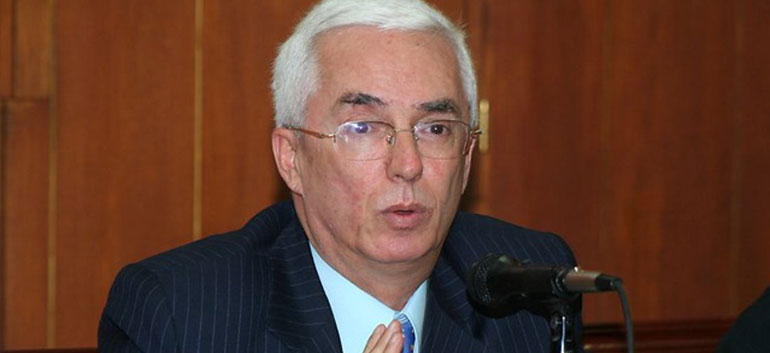Colombia’s President Juan Manuel Santos last week said that illegal mining is “a cancer that must be removed,” a statement which the leftist Polo Democratico senator calls “irresponsible.”
“This aggressive attitude … to present Colombia’s small and medium-scale miners as the country’s worst criminals, is a McCarthyistic attitude which falsifies the truth,” Robledo told Colombia Reports.
According to the senator, the government should not be talking about illegal, but informal mining.
“There are entire regions where thousands and thousands and thousands of families live off this informal mining, especially in gold-producing areas or coal-producing areas,” Robledo claimed.
The fact that many of these small-scale miners “lack a particular paper or a particular license” is common in all Colombia’s commercial sectors, said the senator.
Moreover, Colombian Congress passed legislation last year “which makes it difficult to impossible” to formalize small-scale mining activities, according to Robledo.
Illegal armed groups are making money off the mining sector, the senator admitted, “but this happens in all sectors of the national economy. The drug money is laundered through the banking system, contraband is sold by Colombian businesses … and nobody would come up with the absurd idea of calling all Colombian bankers or Colombian businessmen criminals.”
“These informal miners also are victims of extortion of criminal gangs because the government fails to fulfill its obligation to guarantee their safety” while persecuting and stigmatizing small-scale miners, Robledo stated.
\
Instead, “the Colombian state should take the necessary measures so that large-scale mining, the small and medium-scale mining, and what we call artisan mining can all live. This would be the democratic solution that the small and medium-scale miners and I propose.”
According to analysis website Razon Publica, Colombia’s mining sector has grown to be responsible for 2.2% for the country’s Gross Domestic Product, 24% of its exports, and 30% or $15 billion, of last year’s foreign direct investment.


